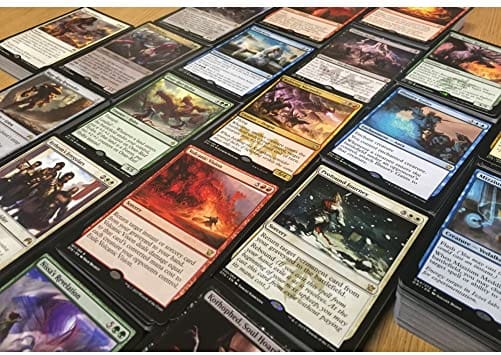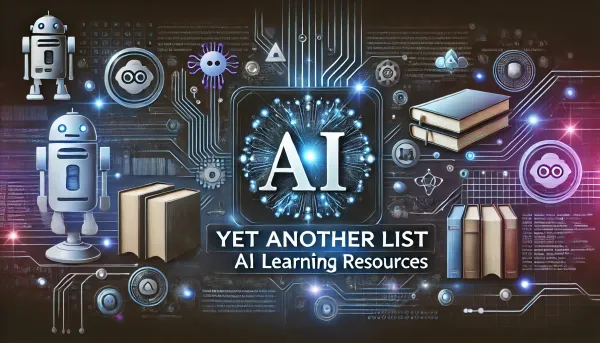How I want to live my life

I will continue to think very thoroughly and deeply about what it means to do good, and aim to actually do good instead of feel like I am doing good.
Once I identify what the good is, I will try to do a lot of it.
I will aim to act with the eight virtues of Benificentrism, Responsibility, Scout Mindset, Integrity, Industry, Candor, Empowerment, and Love.
I will continue to think very thoroughly and deeply about what it means to do good.
What is 'the good'?
Overall, my meta-ethics is end-relational and while there's realism about what things you ought to do relative to particular ends, there's no realism about what ends you ought to have (indeed asking 'what ends you ought to have' is a nonsensical question).
In terms of what ends I actually have and what I ought to do to realize that, I currently think doing the most good ends up looking mostly like utilitarianism, or at least beneficentrism.
The parts where I disagree with utilitarianism axiologically include:
- wanting take into account multiple decision theories rather than just solely maximizing expected value, such as including some degree of some variants of risk aversion
- take into account some degree of special obligations, like valuing friends and family more than strangers
- take into account some degree of desert
- take into account some degree of not-immediately-consequentialist reasoning, such as being careful about rights violations and wanting to care about cultivating virtue.
- concede somewhat to the idea that utilitarianism is too demanding (beneficentrism seems better here).
However, I think despite this, I'd still be far more utilitarian than a typical person.
- For example, I still want to quantify as much as possible and I don't think special obligations are so powerful as to suggest donating to a local food bank is more cost-effective than donating to preventing malaria in Africa.
- I'm very motivated by effective altruism.
There are some additional ways in which I think about utilitarianism in practice that are important to me:
- Utilitarianism is about maximizing good, but it's still somewhat underspecified what that 'good' is. When thinking about what it means to promote good, I'm somewhat less 'hedonistic' focused and more inclined towards some form of capabilitarianism.
- This may also be some blend of desire-based and 'objective list' theory of welfare.
- When thinking about what to do to do the most good, I think we should have some fairly strong generalized libertarian prior on performing interventions - assume that things as they are with minimal restrictions and maximal freedom is good unless there is strong evidence otherwise.
- Some of this flows from taking into account risk aversion axiologically but a lot of this is also practical - people systematically overrate how good interventions are and underweight ways in which they could backfire, and so we should be careful of this and extra skeptical to the degree to which an intervention is complicated (similar to Gall’s Law).
- I think you need some sort of two-level system to do utilitarianism well in practice. What follows is my attempt to define that two-level system for myself.
Once I identify what the good is, I will try to do a lot of it.
Though I still end up being partial to myself and close others rather than always valuing everyone impartially as an ideal utilitarian, I also commit to use a significant amount of my resources to do good.
Specifically, I will try to do enough to put me at least in the 99.9th percentile of people who aim to do good in the world. I think this is a reasonable compromise between the demandingness objection to utiltiarianism and wanting to be very ambitious about my altruistic endeavors.
- This means I will dedicate my career and a lot of my excess wealth towards this goal, by taking the "10% Pledge". But above that I still will aim to live a comfortable life and prioritize myself, my friends, and my family.
- Once I’ve identified a strategy, building a large coalition of people really magnifies this impact.
- I see a key opportunity and skill of mine as empowering talent.
- I see a key opportunity and skill of mine as empowering talent.
While I don't agree with everything, I think the effective altruists (of which I count myself as part) have a lot of things right in terms of identifying the most pressing issues of our time and taking action on those to move them in a better direction.
When I think of how to do the most good and then think about all the empirical facts of the world, it's hard to escape the conclusion that – in the long-run if not soon – AI will be a truly transformative technology at an unprecedented level, much more so than the internet, and potentially more so than the industrial revolution. And in the short run, there will be important aspects of AI in the domains of cybersecurity and biosecurity that merit attention.
My current plan to tackle AI is by leading a growing, increasingly well-respected think tank that coordinates action towards reducing risks and securing benefits from advanced AI systems (but I will be open to changing this plan if circumstances merit that).
- Consistent with wanting to cultivate virtue and observe special obligations - I will also aim to have a fulfilling personal life and will aim to be a good friend, good brother, good son, good partner, good colleague, and good boss.
- Another example of how I observe special obligations and desert is to generally err on the side of paying for things I use and benefit from even if they don't charge (e.g., buying newsletter subscriptions, donating to the Smithsonian)... though these types of donations won't count towards my "10% Pledge" unless they're also what I think is the best use of money from a fully impartial all-welfare-counted-equally perspective.
Some virtues I want to cultivate in order to do the above are...
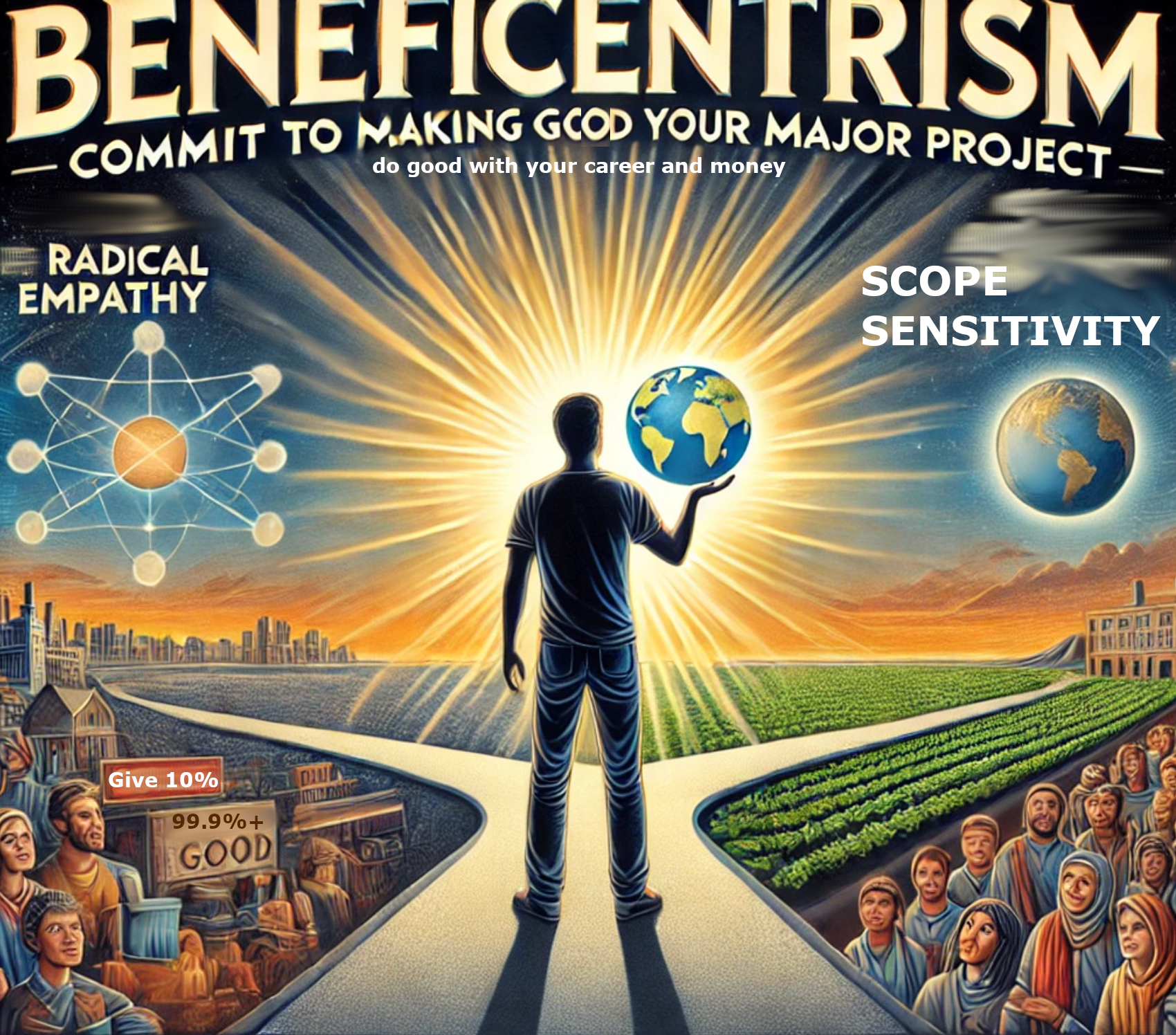
Benificentrism – I commit to making pursuit of the good a major project of my life. I commit to using my career and at least 10% of income to do good for the world from an impartial welfare maximizing perspective. I will work on the right problem at the right time and in the right way. When maximizing impartial welfare, I will practice radical empathy and scope sensitivity.
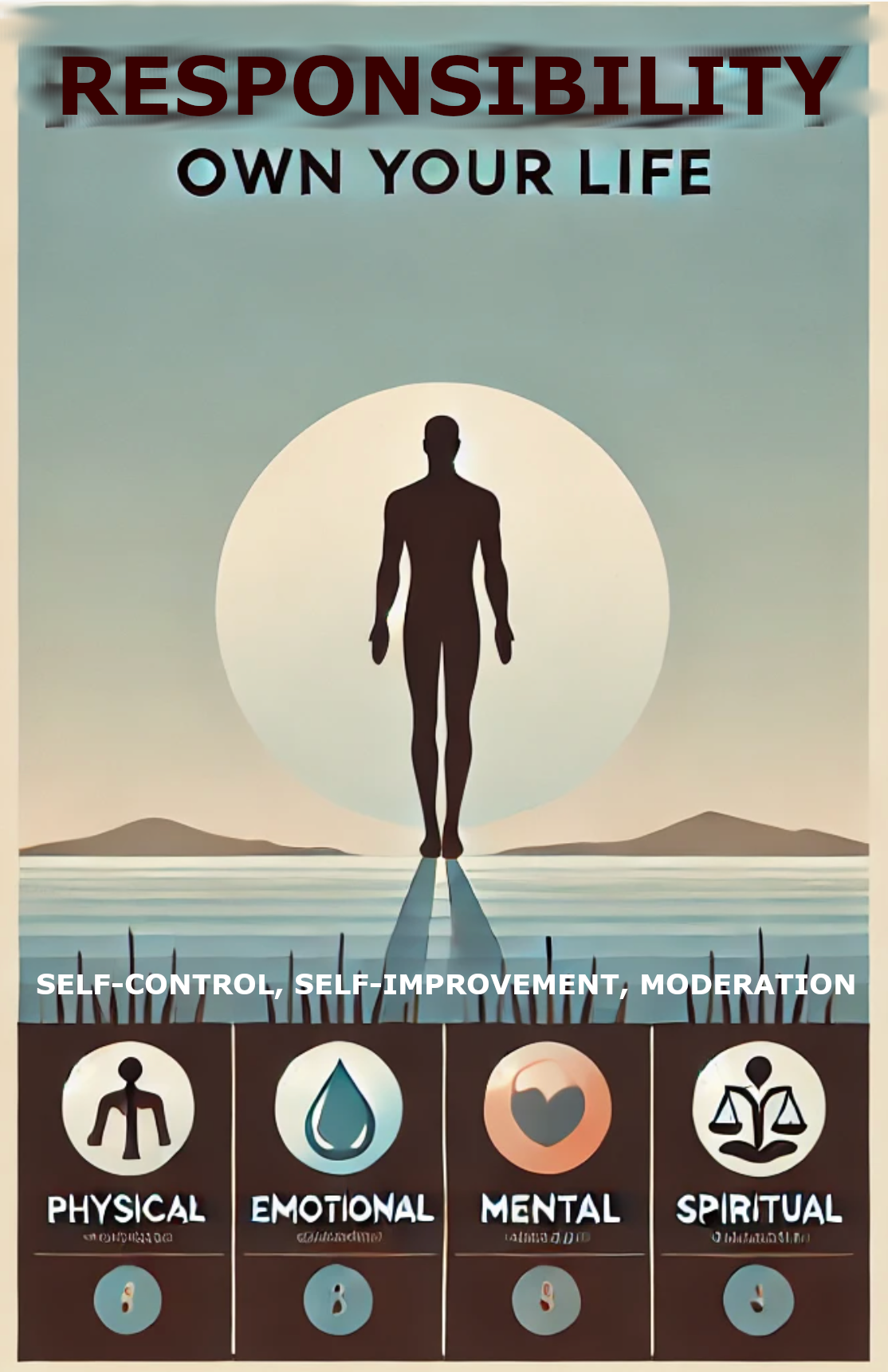
Responsibility – I commit to taking full responsibility for the circumstances of my life, and my physical, emotional, mental and spiritual wellbeing. I will practice self-improvement. I will maintain self-control and practice moderation. This moderation results in a somewhat straightedge lifestyle of refraining from alcohol, tobacco, casual sex, and recreational drugs; as well as being careful about junk food, caffeine, television, and video games... and focusing on good sleep, an active lifestyle, mindfulness, and meaning.
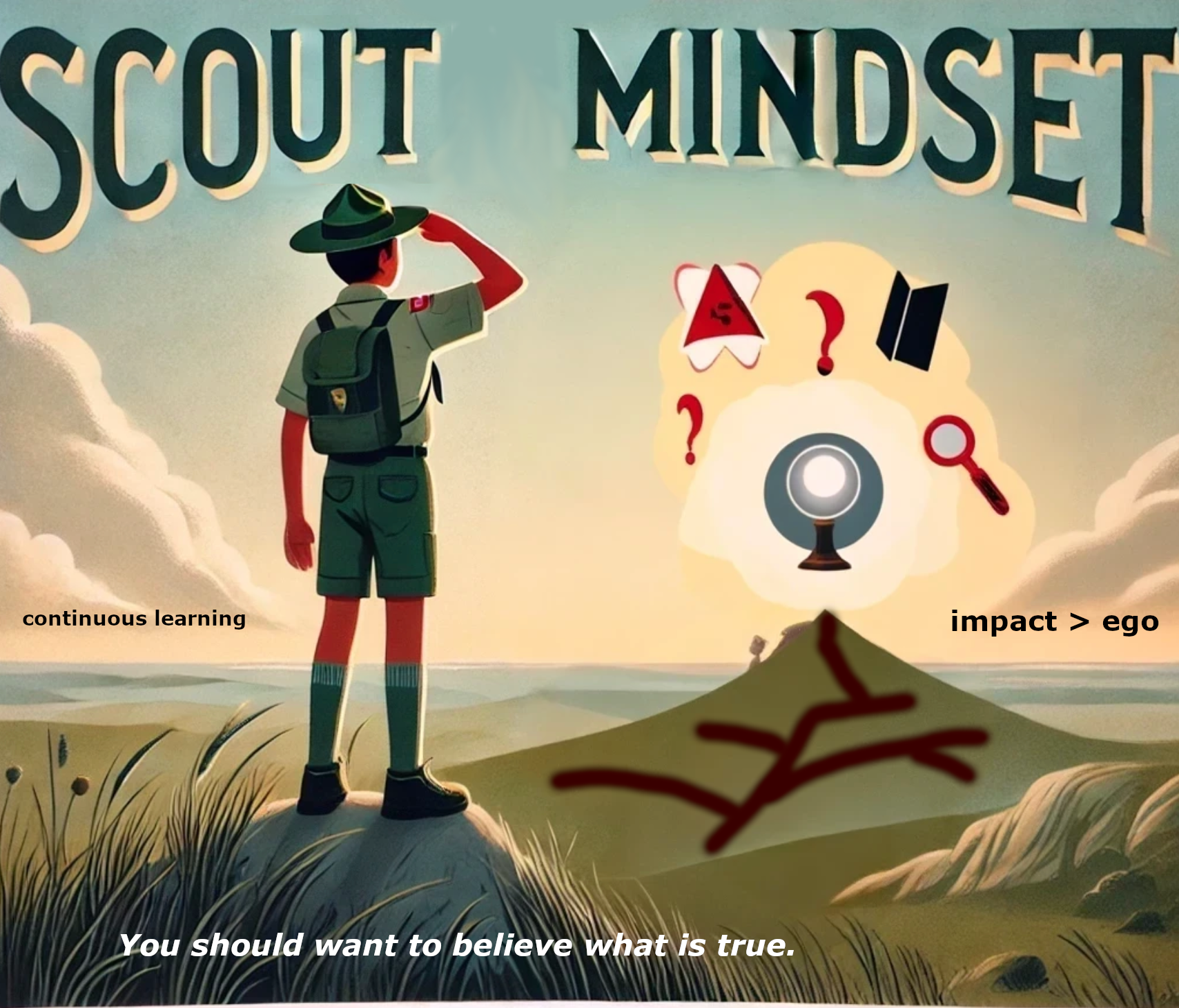
Scout mindset – I commit to believe what is true and not believe what is not true. I commit to being honest with myself about reality (especially my own weaknesses and shortcomings) and not persisting in self-delusion. I commit to exploring the world with curiosity, not being afraid to change my mind or even pivot my work when it’s best. I will stare into the abyss. When thinking through my own role I will put impact over ego and act with humility. I will be open to taking calculated risks and thrive under uncertainty. I will ensure I am on track through pre-mortems, metrics, and regular reviews. However, while I will strive for truth I won't let the excesses of scout mindset hold me back from being persuasive and advocating for what I believe.
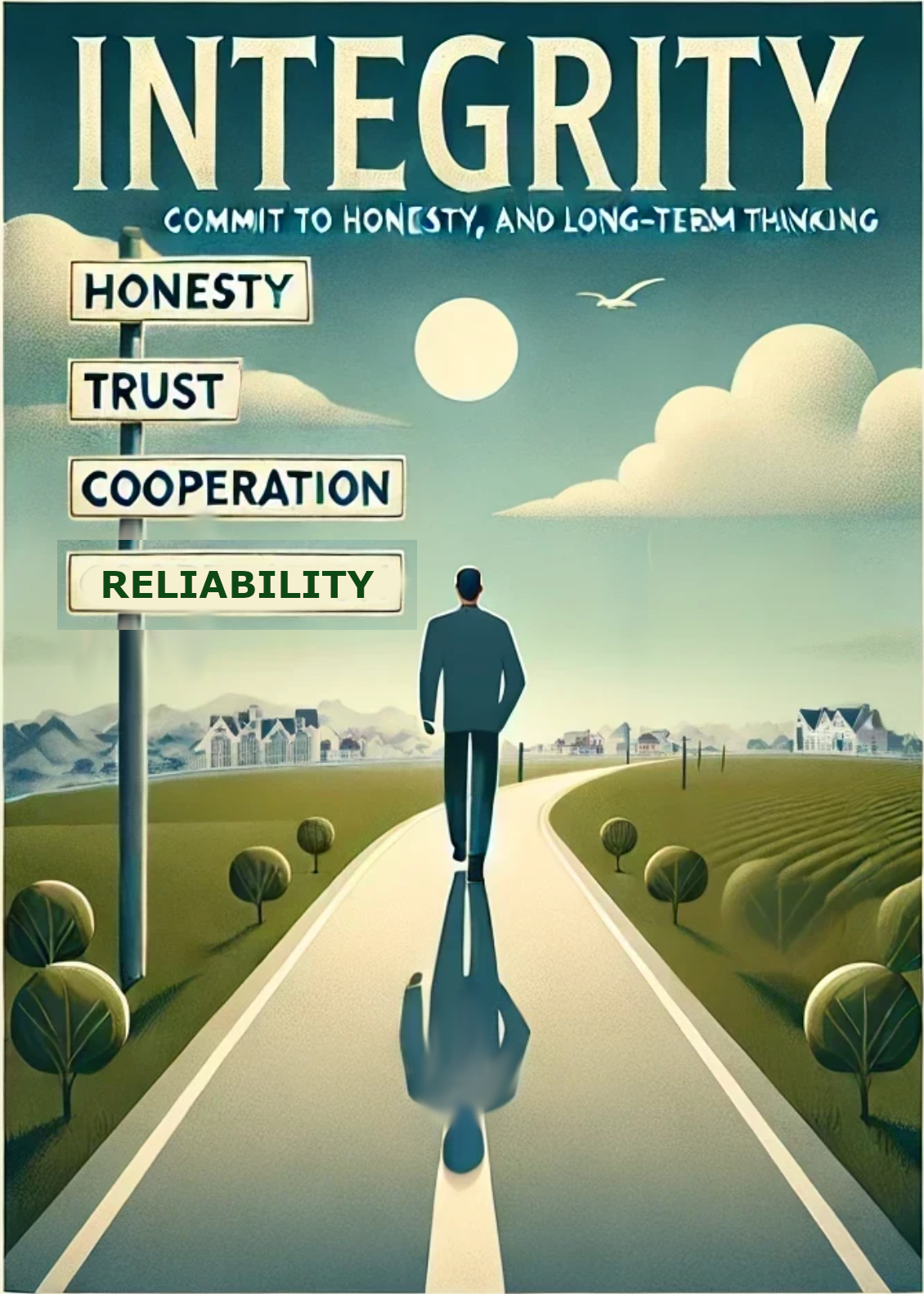
Integrity – I commit to being honest and reliable in what I do. I will operate with trust, cooperation, and accurate information and follow those rules of good conduct that allow communities (and the people within them) to thrive. I will follow through on commitments and promises I make and avoid making promises I cannot keep. I will aim to not wrong others, and if I do wrong others I will find a way to make it right. I will seek to act so that if a fair critic of my work who had full knowledge of everything I did wrote something public about me, I would feel like I could stand by all my actions.
- People malign consequentialists/utilitarians of following "ends justify the means" reasoning into the abyss, but this doesn't actually have the best consequences! I will recognize this, act with integrity, and avoid short-term thinking.
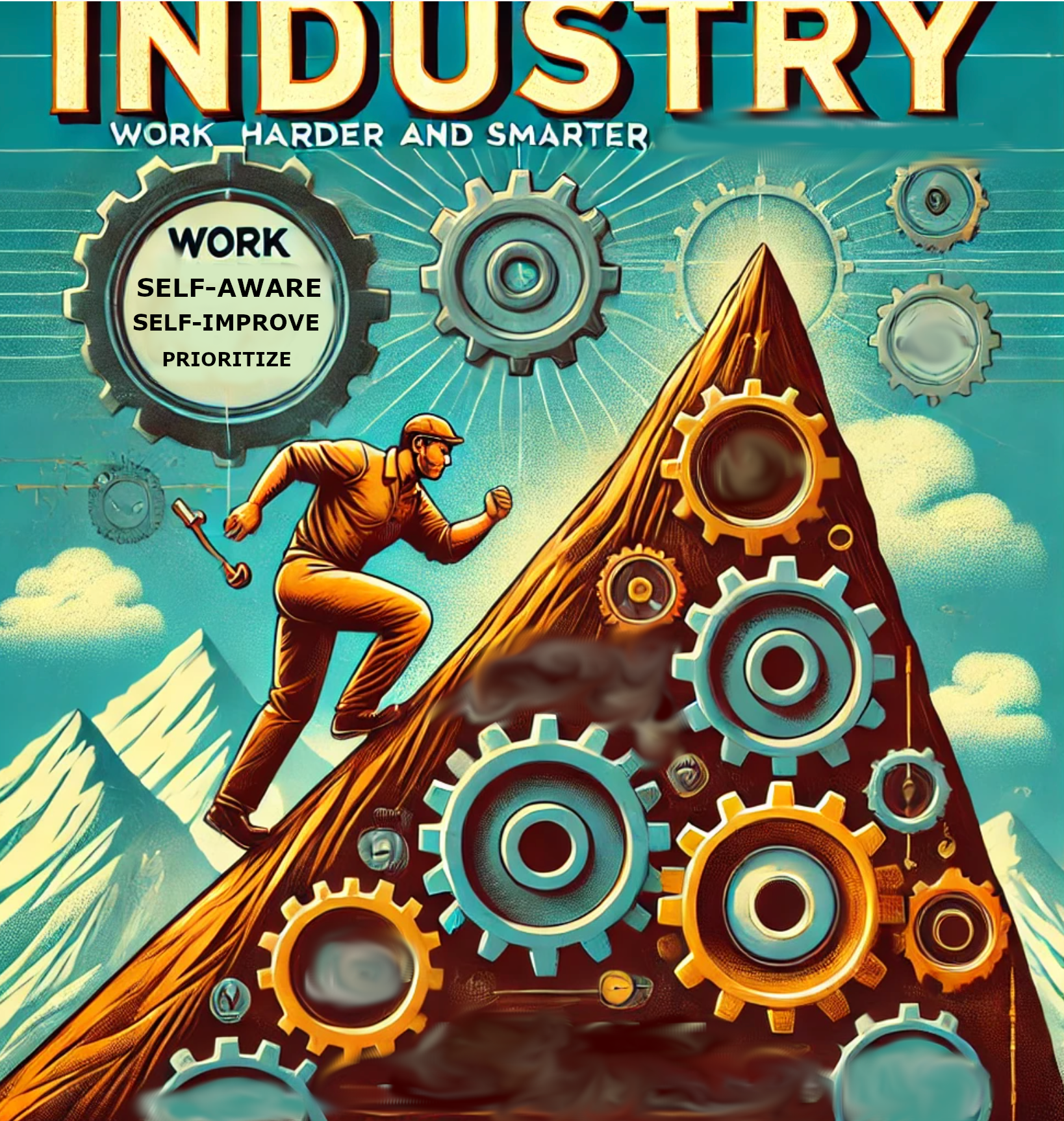
Industry – I also commit to working hard – harder than most. I will recognize the standard pace is for chumps, so I will work both harder and smarter. I will stand up for ambition and strive for greatness. I will be proactive, be strategic, and have clear goals, identify problems, get at root causes, design a plan, and push through to completion. In doing so, I will identify top priorities and say no to the alternatives and distractions. Additionally, I will work to self-improve, accurately separating what is and is not in my control, will not worry about what's genuinely beyond my control, and then relentlessly improve what I can control and set a high bar for myself. But at the same time, I won't overwork to the point of it being unsustainable - I will follow the work-rest fractal and still make time for high-density fun.
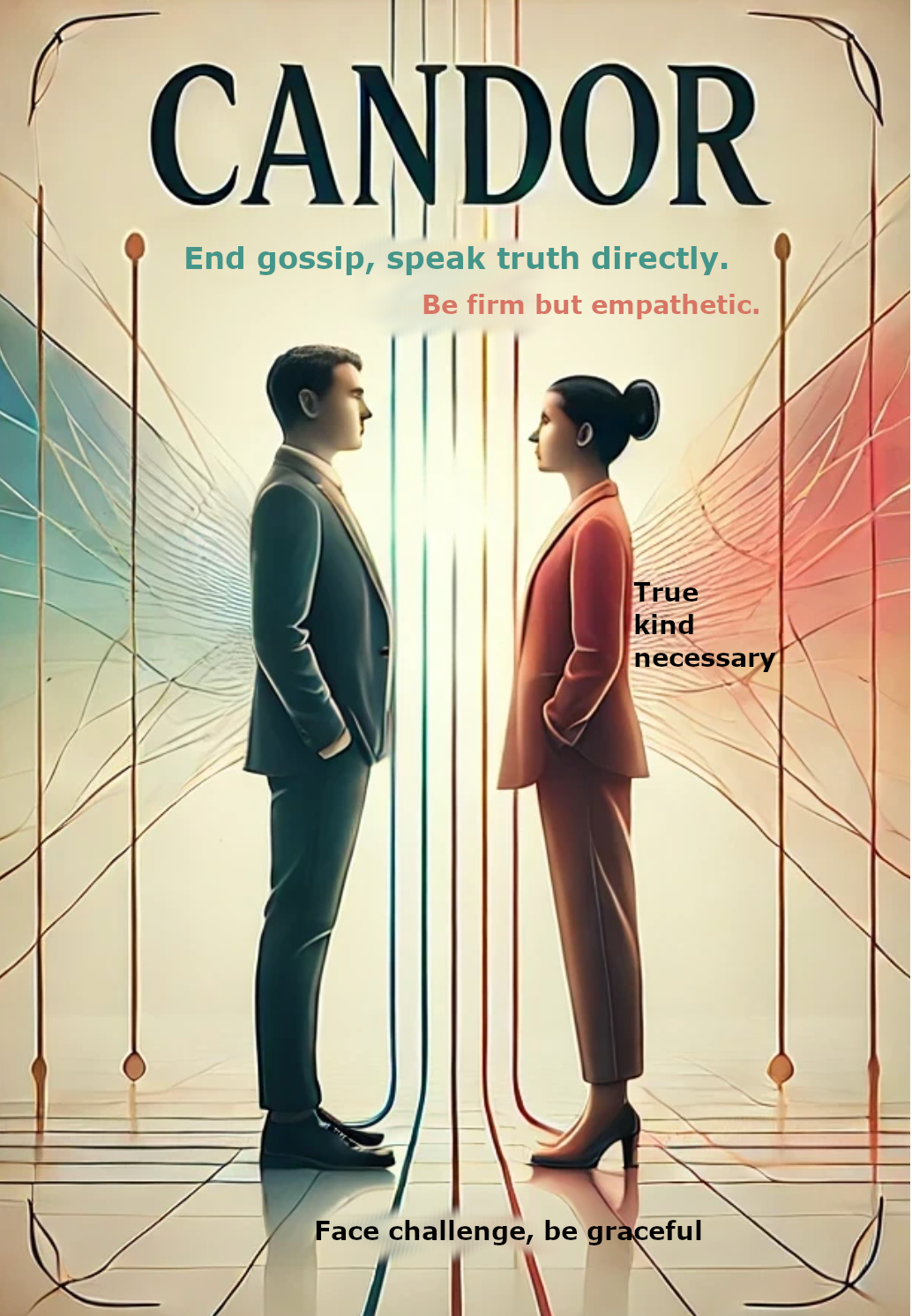
Candor – I commit to transparency. I commit to ending gossip, talking directly to people with whom I have an issue or concern, and encouraging others to talk directly to people with whom they have an issue or concern. I commit to acting with transparency. If I have a problem, I will speak firmly but empathetically. I will say that which is at least two out of the three from true, kind and necessary. I will face challenges and fears head-on and stand up for what you believe in, even in the face of adversity. I also commit to receiving the feedback and correction of others with empathy, grace, and an eye to self-improvement.
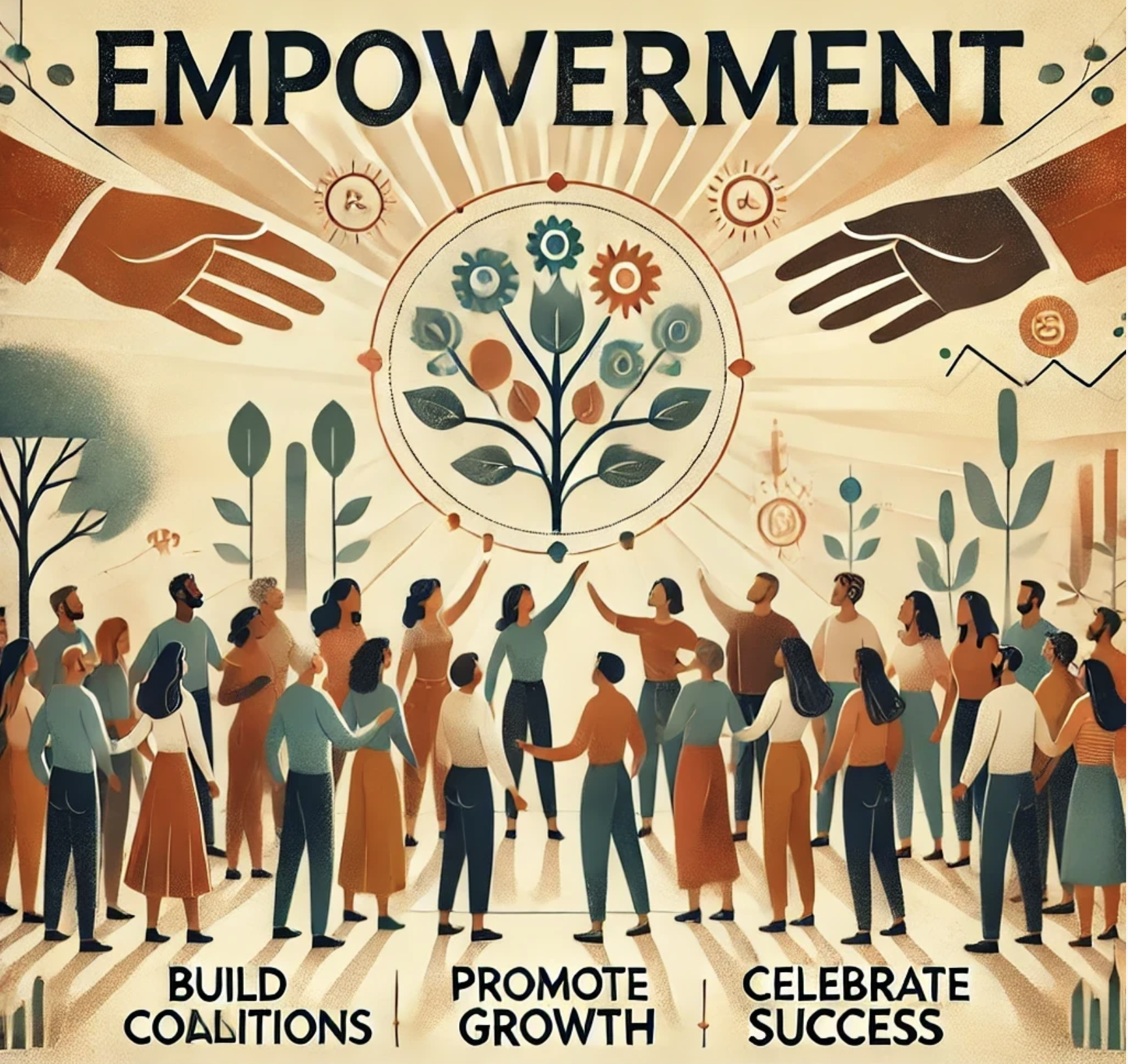
Empowerment – I commit to seeing all people and circumstances as potential allies and engage in coalition building. I will practice abundance mentality, and I will find middle ground and win-win solutions. I commit to working with people who are aligned with my values to help them flourish and succeed. In doing so, I will strive to create a welcoming, trusting, safe, fair culture that puts people over process and promotes the virtues. I will practice active listening - I will seek first to understand, then to be understood. I will hold everyone accountable including myself, and invite others to do so, but I will also be solutions-oriented and supportive. I will also identify and celebrate success and see wins as shared accomplishments.
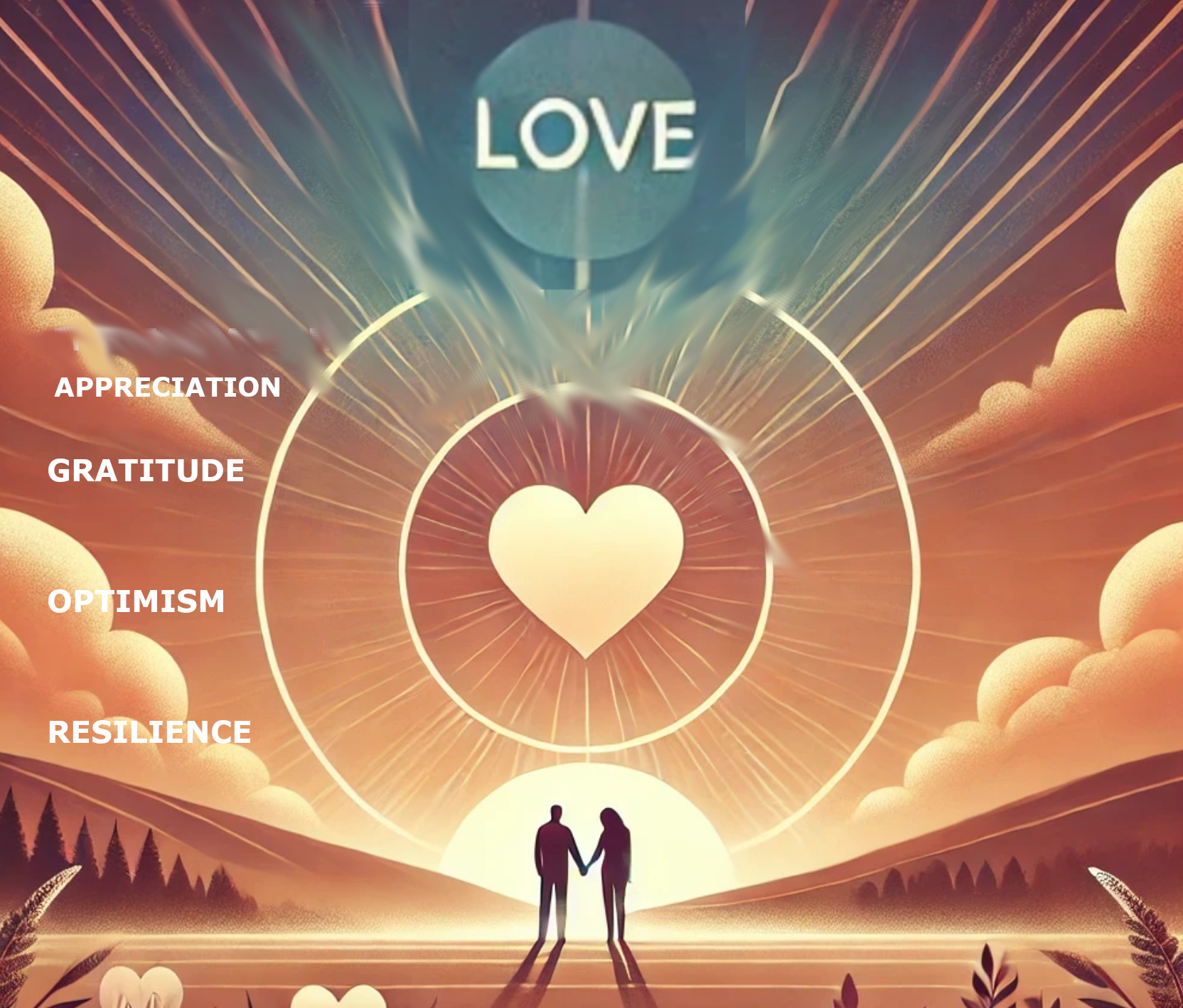
Love – I commit to love. I will live in appreciation, gratitude, and wonder for all that life has given me. I commit to living with love for those around me. I commit to maintaining a positive outlook and I will work towards my goals with optimism and resilience.
...
But lastly, I commit to seeing these virtues as tools that point me towards doing the most good and I will commit to not losing sight of the bigger picture. I will update these virtues as I learn more about how to do the most good. (In fact, this page was last updated 2024 Nov 24 and is at v2.7.)
~
In addition the links within this document, this work is also inspired by (in no particular order) "Seven Habits of Highly Effective People" by Stephen Covey; "15 Commitments of Conscious Leadership" by Dethmer, Chapman, and Klemp; the Netflix Culture Guide; the "12 Virtues of Rationality" by Eliezer Yudkowsky; "How to Work Hard" by Paul Graham; the 80K culture guide; CEA values; the Heilmeier Catechism; and "How to Be Successful" by Sam Altman.
